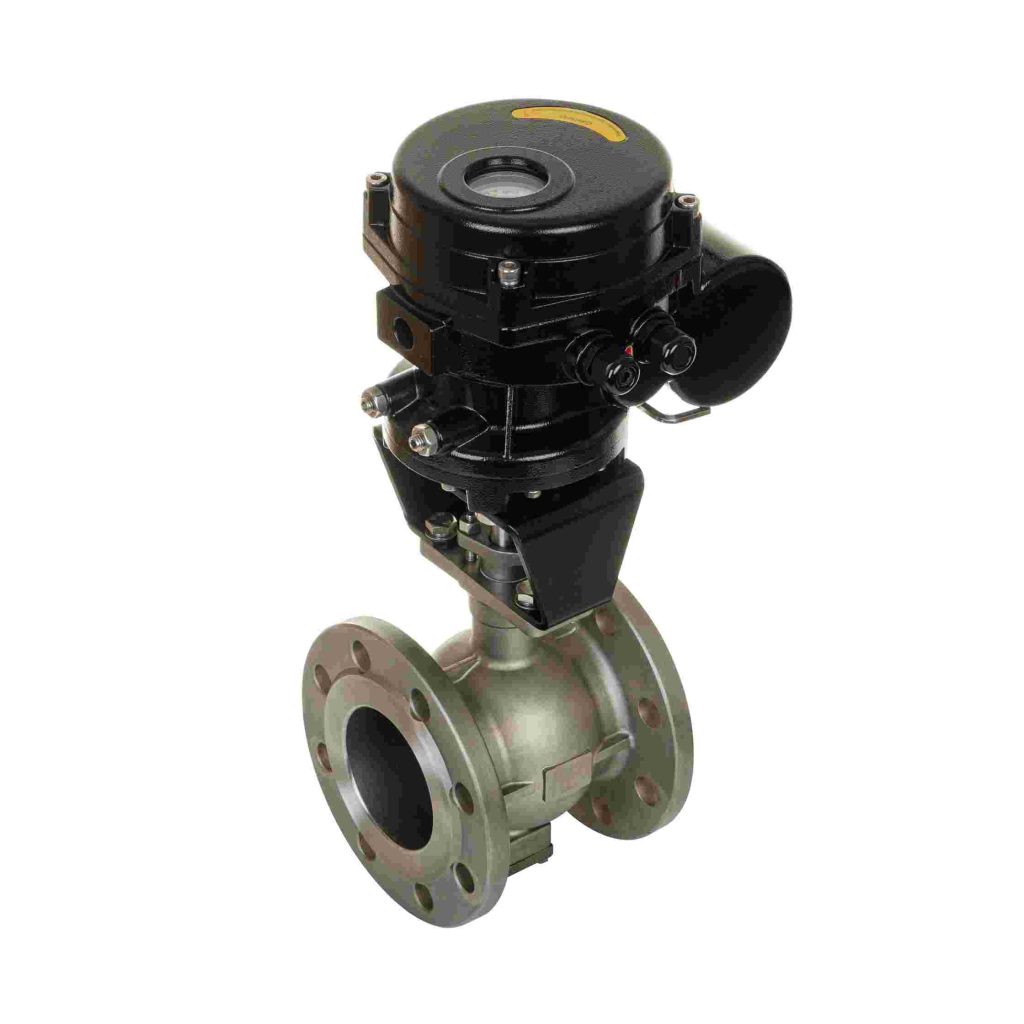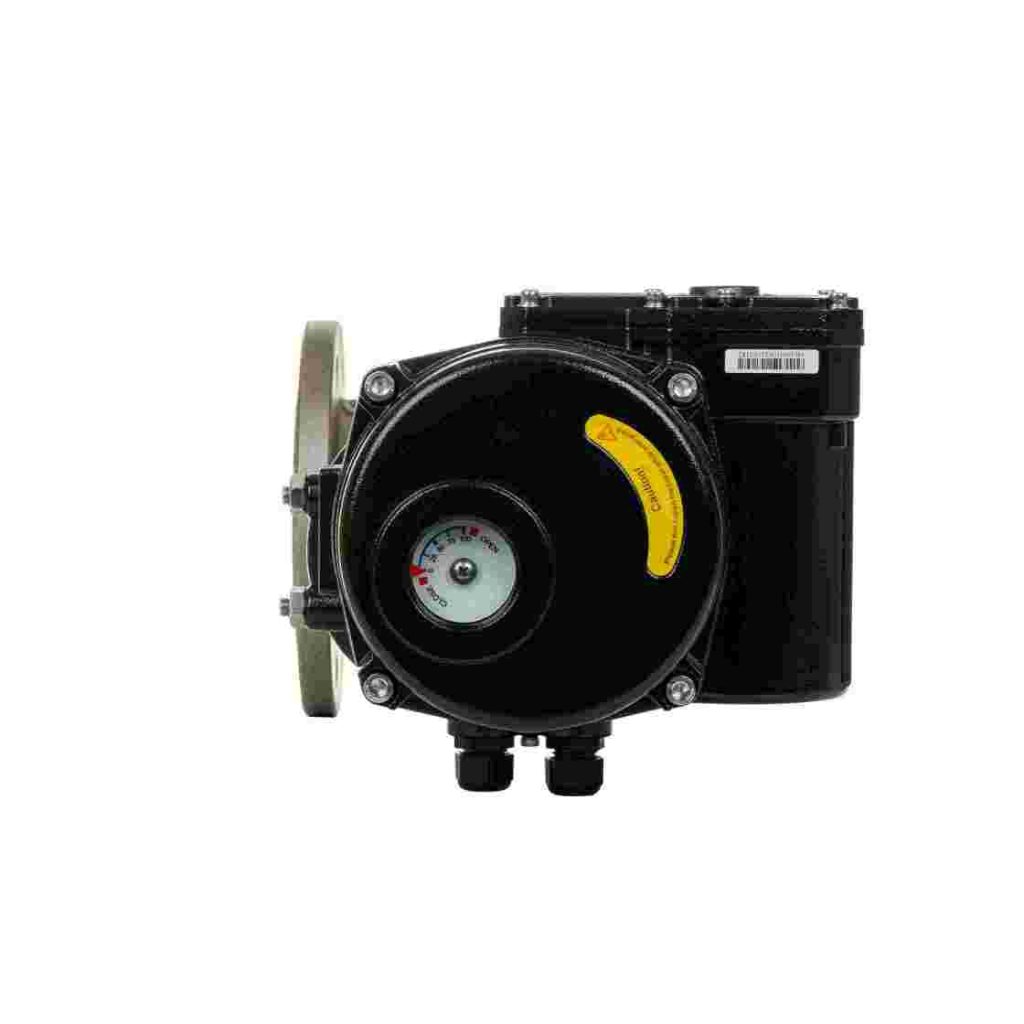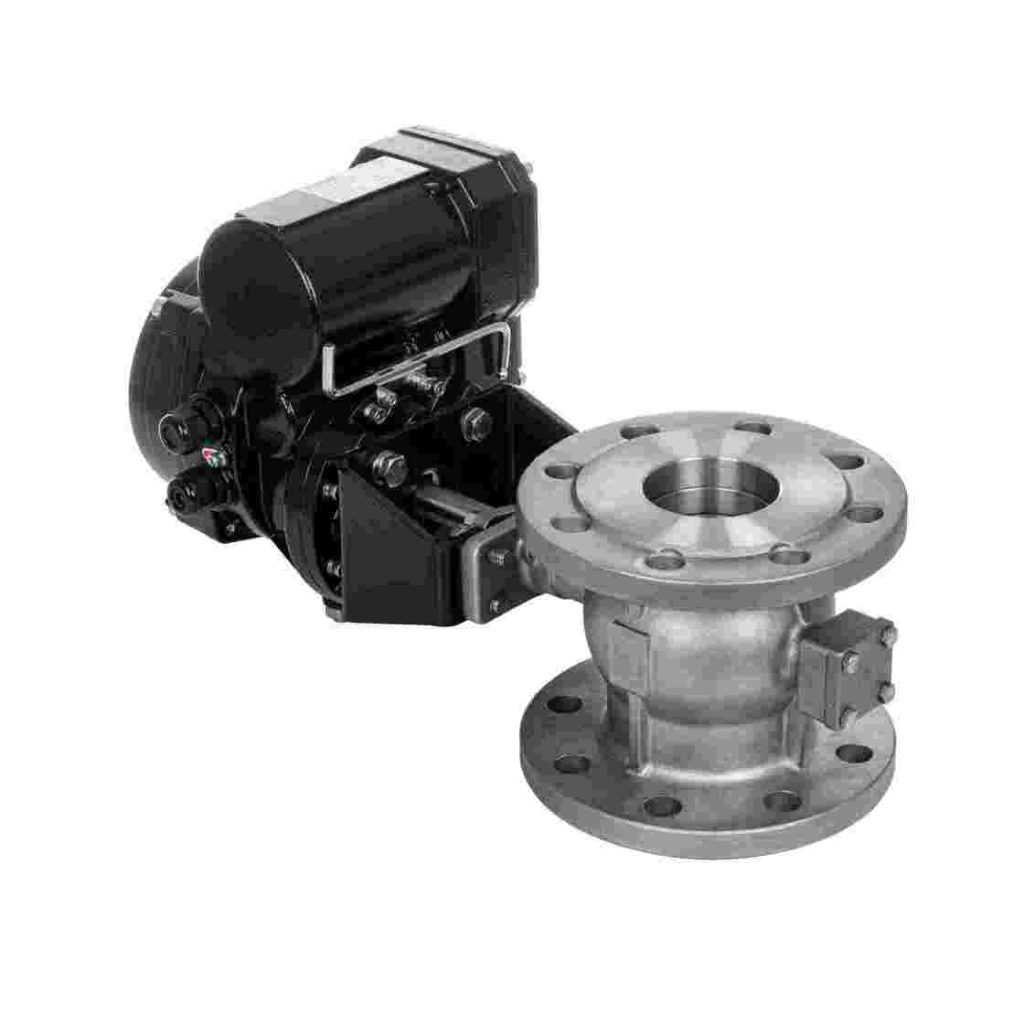As the world increasingly focuses on renewable energy sources, hydrogen energy has emerged as one of the most promising alternatives to fossil fuels. Its clean nature and potential for high energy efficiency are making it an essential player in the transition to a more sustainable energy system. In this context, the role of hydrogen energy electric valves is gaining significant attention. These specialized valves are integral components in the control and management of hydrogen systems, ensuring safety, efficiency, and reliable operation.

What are Hydrogen Energy Electric Valves?

Hydrogen energy electric valves are specialized devices designed to control the flow of hydrogen gas within energy systems. These valves are typically automated, allowing for precise control of hydrogen flow based on real-time requirements. They are equipped with electric actuators, which convert electrical energy into mechanical motion to operate the valve. This makes them suitable for use in various hydrogen applications, including fuel cells, hydrogen storage, and transportation systems.
The core function of these electric valves is to regulate the flow and pressure of hydrogen, which is a highly flammable and potentially dangerous substance. As hydrogen systems require careful management to avoid leaks, explosions, or other hazardous situations, these valves play a critical role in maintaining the safety and efficiency of the entire system.

Leave a Reply